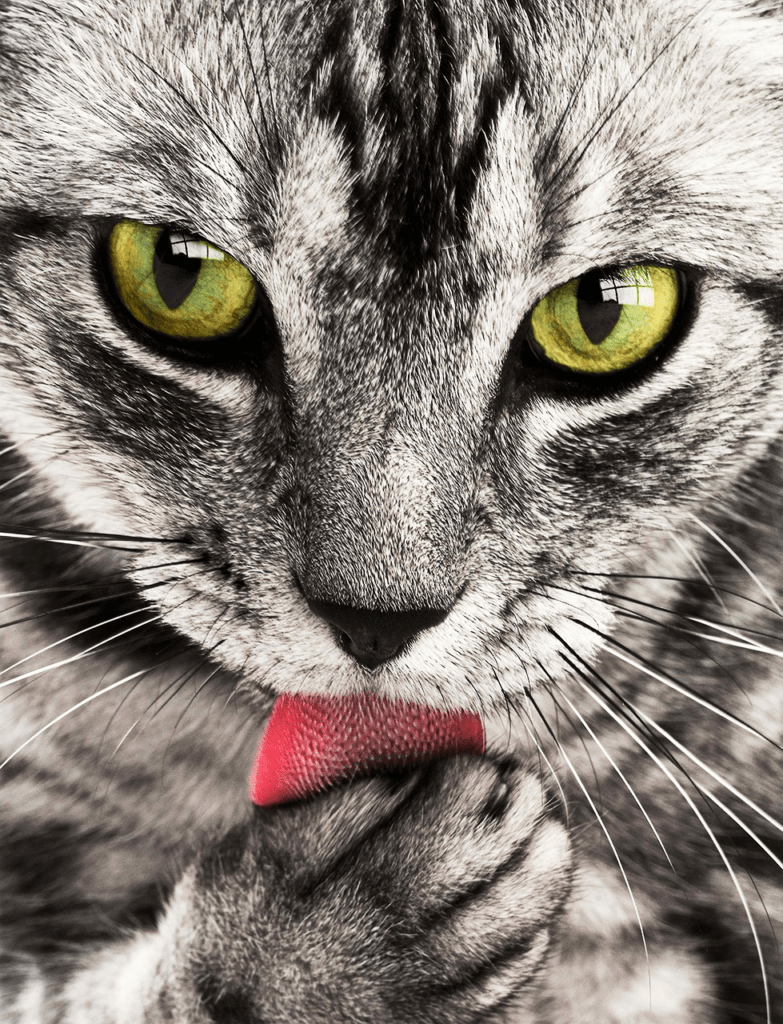
Outline
- Introduction
- Understanding the significance of incense in various cultures
- Highlighting the concern regarding its potential harm to cats
- Composition of Incense
- Breaking down the components of incense
- Identifying harmful ingredients to cats
- Effects of Incense on Cats
- Respiratory issues
- Allergic reactions
- Toxicity risks
- Precautions for Cat Owners
- Limiting exposure to incense
- Alternatives to traditional incense
- Seeking Veterinary Advice
- Importance of consulting a veterinarian
- Signs of incense-related issues in cats
- Conclusion
Introduction
If you’ve ever stepped into a yoga studio or visited a friend’s home, you’ve likely encountered the soothing aroma of incense. Used for centuries in various cultures for spiritual, religious, and therapeutic purposes, incense has become a staple in many households. However, amidst its popularity, concerns have been raised regarding its potential harm to our feline friends.
Composition of Incense
Incense typically consists of a combination of aromatic plant materials, essential oils, resins, and sometimes synthetic fragrances. While these ingredients may create delightful scents for humans, some components can pose risks to cats. For instance, certain essential oils like cinnamon, citrus, and pine can be toxic to cats if ingested or inhaled in large quantities.
Effects of Incense on Cats
Respiratory Issues
Cats are highly sensitive to airborne particles, and the smoke produced by burning incense can irritate their delicate respiratory systems. Prolonged exposure to incense smoke may lead to coughing, sneezing, wheezing, and difficulty breathing in cats.
Allergic Reactions
Just like humans, cats can experience allergic reactions to certain substances found in incense. Symptoms of allergies in cats may include itching, skin irritation, redness, and swelling. In severe cases, allergic reactions can escalate into respiratory distress or anaphylaxis.
Toxicity Risks
Some incense formulations contain chemicals and additives that are harmful to cats. Ingredients such as benzene, formaldehyde, and carbon monoxide, which are released when incense is burned, can pose serious health risks to cats if inhaled over time. Chronic exposure to these toxins may lead to organ damage and other systemic health issues in cats.
Precautions for Cat Owners
Limiting Exposure to Incense
To safeguard the health of your feline companion, consider minimizing the use of incense in your home, especially in areas where your cat spends a significant amount of time. Opt for well-ventilated spaces when burning incense and avoid direct exposure to smoke around your cat.
Alternatives to Traditional Incense
Fortunately, there are plenty of alternative ways to create a pleasant atmosphere in your home without exposing your cat to potentially harmful substances. Consider using essential oil diffusers, beeswax candles, or natural air purifiers to freshen up your living space safely.
Seeking Veterinary Advice
If you suspect that your cat has been adversely affected by incense exposure, it’s crucial to seek prompt veterinary care. Your veterinarian can assess your cat’s symptoms, conduct diagnostic tests if necessary, and provide appropriate treatment options. Additionally, your vet can offer personalized advice on minimizing environmental risks and promoting your cat’s overall well-being.
Conclusion
While the allure of incense may be tempting, it’s essential for cat owners to prioritize their pets’ health and safety. By understanding the potential risks associated with incense exposure and taking proactive measures to minimize those risks, you can create a harmonious environment for both you and your feline companion.
FAQs (Frequently Asked Questions)
- Can cats be allergic to incense?
- Yes, cats can develop allergies to certain components found in incense, leading to skin irritation, itching, and other allergic reactions.
- How can I tell if my cat is having a reaction to incense?
- Watch for symptoms such as coughing, sneezing, wheezing, difficulty breathing, or changes in behavior. If you notice any concerning signs, consult your veterinarian.
- Are there safer alternatives to traditional incense for cat owners?
- Yes, alternatives like essential oil diffusers, beeswax candles, or natural air purifiers can help freshen up your home without posing risks to your cat’s health.
- What should I do if my cat ingests incense?
- If your cat ingests incense, contact your veterinarian immediately. They can advise you on the appropriate steps to take based on your cat’s symptoms and the type of incense ingested.
- Is it safe to burn incense around other pets besides cats?
- While cats may be particularly sensitive to incense, other pets like dogs and birds can also be affected by exposure to incense smoke. It’s best to exercise caution and consider the well-being of all your pets when using incense in your home.
Read also: White Ants: Characteristics, Behavior, and Management












